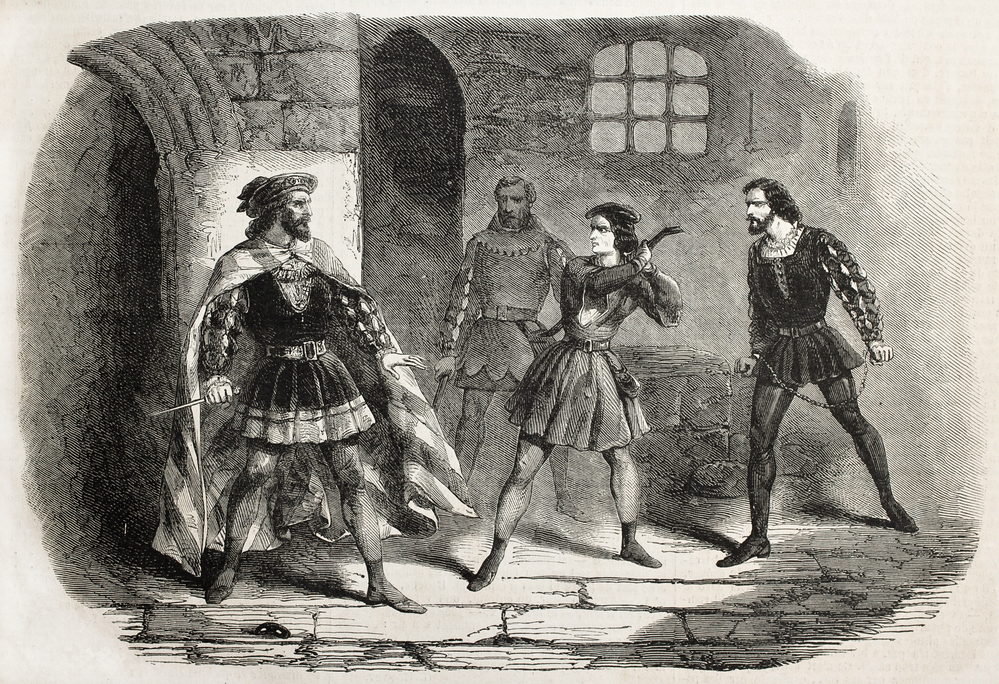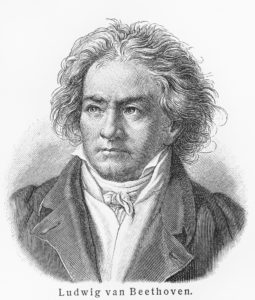
250 years ago today Ludwig van Beethoven was born. Beethoven’s greatness is quite too obvious to comment on it. The great composer had liberal sentiments; he had great hope in the French Revolution and in Bonaparte as a liberator, yet he was disappointed by the Napoleon crowning himself and came to resent him. Jim Powell had an amusing profile of Beethoven for the liberty-minded, here.

Sometimes people remark that Beethoven “wrote only one opera” and could not really play with the human voice as well as he did with music. True, Beethoven wrote only one opera, but it is “Fidelio”. “Fidelio” is first and foremost about marital love, something Beethoven did not enjoy himself. It is the story of the absolute commitment of a wife, Leonore (hence the title of the first version), a noblewoman of Seville who disguises herself as a boy to find her husband, Florestan, a political prisoner. This sort of story, set in a prison, was actually not uncommon during the French Revolution. Jailing opponents happened during the ancien regime and likewise in revolutionary times. Fidelio adapts “Léonore ou l’amour conjugal”, a work by Jean-Nicolas Bouilly, who worked as a prosecutor in the city of Tours during the Reign of Terror.
Leonore/Fidelio wasn’t the luckiest, commercially speaking, of Beethoven’s works. It premiered right after the French army occupied Vienna. The local aristocracy had fled the Austrian capital and the mainly French audience was not particularly receptive to the story. Beethoven kept writing and rewriting it, so we have four magnificent overtures. But to many, the highlight is the chorus of the prisoners. Fidelio/Leonore convinces the jailer, Rocco, to allow the other prisoners a few moments of fresh air in the courtyard. The chorus movingly conveys the emotion brought up by this fleeting glimpse of freedom.
It is hardly original to comment that 2020 was a sad year for most of us. For music fans, it was also sad that we could not enjoy the many beautiful concerts that the Beethoven anniversary had in store for us. To remember Beethoven, my Institute has published (alas, only in Italian) a short piece written in 1953 by Epicarmo Corbino, an Italian liberal economist (and, briefly, Finance Minister after WWII) who fancied writing something on Beethoven. It is a short essay that proves that a social scientist may have some thoughts on music, too. We have also put together a playlist of Beethoven pieces, highlihgting those in which you can better sense his love and passion for liberty. It is accessible here.

Comments are closed.